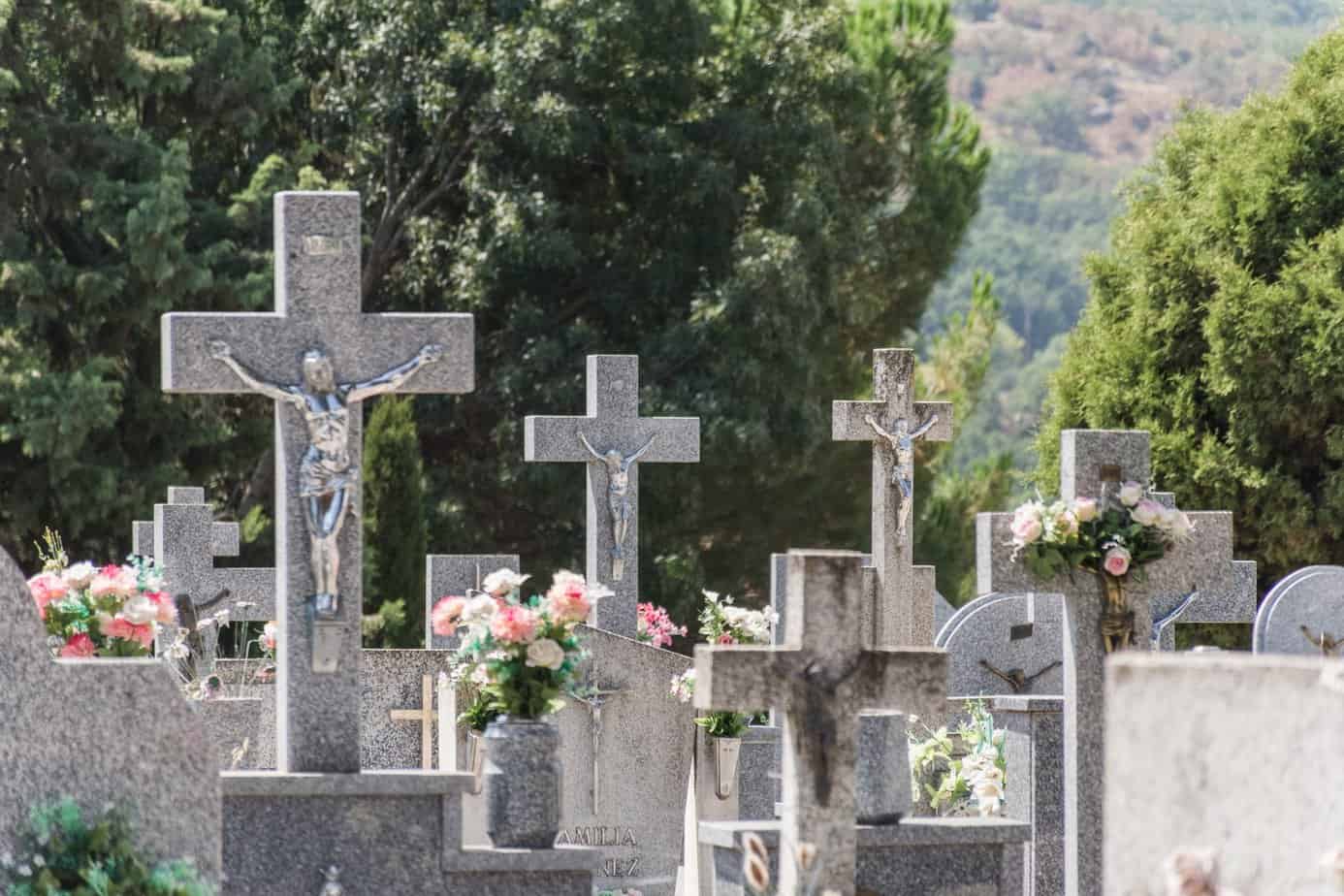
The loss of a loved one, not only mom or dad, but also a friend, brother, child, is always a shock to us – both emotionally and psychologically, as well as spiritually. And while we naturally endure this shock in a different way, it affects everyone’s life quite strongly. So how do we cope with it and regain our composure?
Nothing can relieve the acute impact of such a tragedy like the loss of a loved one. However, someone who is experiencing such severe pain and shock can be helped. Psychologist J. William Worden has identified four main tasks that a bereaved person must complete in order to stabilize his or her condition and return to everyday life:
This does not mean that the bereaved should cope with the loss by relying solely on their own strength. The presence of people who are ready to support him and share his grief greatly eases the experience of loss.
To cope with the loss, you must acknowledge that it has taken place and accept it. Initially, a person automatically tries to make contact with the deceased – he “sees” him among the people in the crowd, mechanically tries to call him, buys his favorite products in the supermarket… Despite all the apparent strangeness, this behavior is normal in the first weeks after the loss. However, if the irrational hope for the return of the deceased stabilizes, it is a sign that the person himself is not coping with grief.
You need to get over difficult emotions so that you don’t carry the burden of them throughout your life. If you don’t feel the pain right away, it will be more difficult and painful to return to those experiences later. A delayed experience is further complicated by the fact that later a bereaved person will find it more difficult to get the sympathy and support from others that he or she can count on immediately after the loss.
The full experience of pain is often hindered by the reactions of others. When confronted with the mourner’s negative feelings and suffering, others may feel tension, which they try to relieve in various ways, such as:
Allow yourself to feel the pain; let the tears flow. Avoid people who interfere with your experience of loss.
With a loved one, we lose a certain way of life. The deceased took over some responsibilities, helped with daily affairs, expected certain behaviors from us. After their passing, life needs to be rebuilt to fill the void created. To this end, it is important for the bereaved person to learn to do certain things anew, without the participation of the deceased.
It is also good for free time to be occupied by things that satisfy the bereaved’s real needs, fill his life with joy and meaning. These can be new or forgotten passions, meetings with loved ones or old friends, searching for oneself and one’s place in a new life.
A new relationship with the deceased does not mean forgetting him, but defines a place for him, the occupation of which leaves enough room for others. Old relationships can be very valuable, but they should not interfere with new ones. A person must realize that the death of a loved one is not incompatible with love for another man or another woman, that it is possible to honor the memory of a friend, but at the same time make friends with new people.
main photo: unsplash.com/Héctor J. Rivas